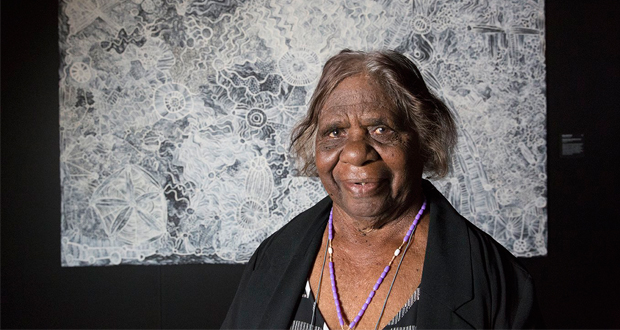A lot of words have come into Australian English from Aboriginal languages. Think of billabong, corroboree, kookaburra, mia-mia, and of course kangaroo – which was famously misinterpreted by Captain Cook and his crew. It’s true of most of these words that they’ve been reinterpreted or anglicised in some way, but a relatively new addition to the list, ngangkari (‘traditional healer’), has preserved its form and meaning more successfully. It comes from Pitjantjatjara, a dialect of the Western Desert language, from Central Australia. A ngangkari draws on an ancient medical knowledge system that offers a holistic approach to health involving education and cultural practices alongside the use of bush medicine and traditional healing approaches. Only recently have these healers started to be accepted into mainstream medicine, with standardised accreditation for them provided by ANTAC (the Anangu Ngangkari Tjutaku Aboriginal Corporation), and services provided by them at clinics and hospitals such as the Royal Adelaide. Ngangkari was one of the words shortlisted by the Macquarie Dictionary for its 2019 word of the year. As the modern world lurches from climate crisis to global health threats, it seems that ancient wisdom and the words that represent it become ever more important.
Please login below to view content or subscribe now.
 Campus Review The latest in higher education news
Campus Review The latest in higher education news

